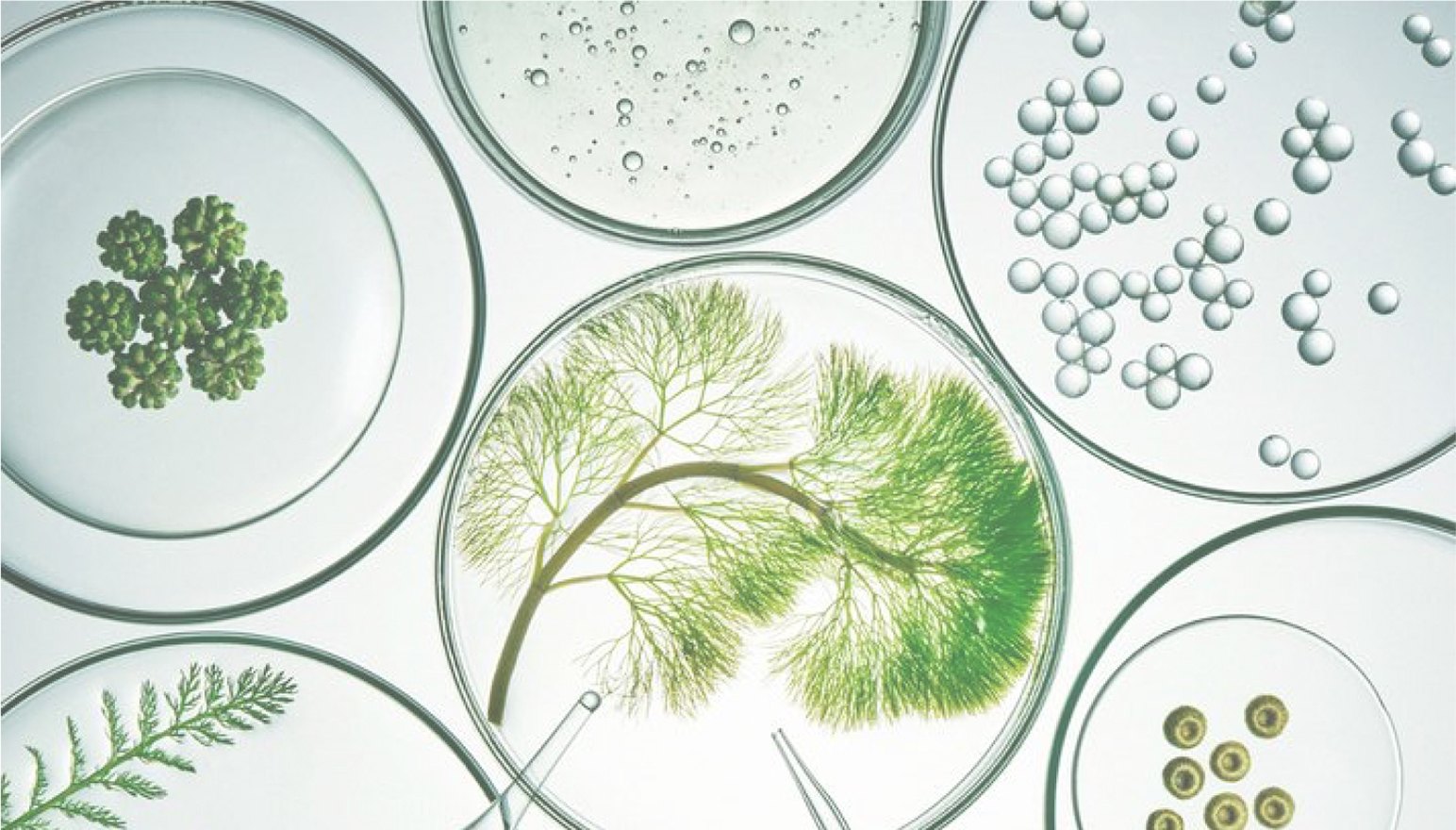Industry Insights

Manuka honey enhanced sensitivity of HepG2, hepatocellular carcinoma cells, for Doxorubicin and induced apoptosis through inhibition of Wnt/β-catenin and ERK1/2
May 21, 2021
Recently, there is increasing awareness focused on the identification of naturally occurring anticancer agents derived from natural products. Manuka honey (MH) has been recognized for its biological properties as antimicrobial, antioxidant, and anticancer properties. However, its antiproliferative mechanism in hepatocellular carcinoma is not investigated. The current study focused mainly on investigating the molecular mechanism and…
Effect of honey, dextromethorphan, and no treatment on nocturnal cough and sleep quality for coughing children and their parents
November 21, 2023
Objectives: To compare the effects of a single nocturnal dose of buckwheat honey or honey-flavored dextromethorphan (DM) with no treatment on nocturnal cough and sleep difficulty associated with childhood upper respiratory tract infections. Design: A survey was administered to parents on 2 consecutive days, first on the day of presentation when no medication had been…
A comparison of the effect of honey, dextromethorphan, and diphenhydramine on nightly cough and sleep quality in children and their parents
November 21, 2023
The University of Toronto conducted a study involving 1800 participants, conducting 18 trials on the effects of raw honey. Individuals were either given actual honey or a honey-like placebo. Those who regularly consumed honey experienced a notable reduction in the risk of heart-related diseases. Honey may reduce coughs in upper respiratory trace infections in children….
Effect of honey on cardiometabolic risk factors: a systematic review and meta-analysis
July 21, 2023
High intake of added or free sugars has been shown to contribute to the rise in obesity, type 2 diabetes, and cardiovascular disease.1 Health and nutrition guidelines call for a reduction in consumption of added sugars, with health agencies recommending an intake of no more than 5% to 10% of total energy intake per day.2,3…
Manuka honey used in catheters is proving effective in tackling infection
Dr Fouch • December 17, 2022
Patients undergoing hospital treatment can face a challenge to recovery due to bacteria resistant to antibiotics. But The University of Portsmouth’s Dr Sarah Fouch is exploring a ‘sweeter’ way around the problem. Dr Fouch has spent part of 2020 working to improve testing and diagnostics for COVID-19 at Basingstoke hospital, but in the latest episode…
Manuka-type honeys can eradicate biofilms produced by Staphylococcus aureus strains with different biofilm-forming abilities
March 16, 2014
Chronic wounds are a major global health problem. Their management is difficult and costly, and the development of antibiotic resistance by both planktonic and biofilm-associated bacteria necessitates the use of alternative wound treatments. Honey is now being revisited as an alternative treatment due to its broad-spectrum antibacterial activity and the inability of bacteria to develop…
Clinical Significance of Manuka and Medical-Grade Honey for Antibiotic-Resistant Infections: A Systematic Review
October 31, 2020
Antimicrobial resistance is an ever-increasing global issue that has the potential to overtake cancer as the leading cause of death worldwide by 2050. With the passing of the “golden age” of antibiotic discovery, identifying alternative treatments to commonly used antimicrobials is more important than ever. Honey has been used as a topical wound treatment for…
Honey: its medicinal property and antibacterial activity
April 2, 2011
Indeed, medicinal importance of honey has been documented in the world’s oldest medical literatures, and since the ancient times, it has been known to possess antimicrobial property as well as wound-healing activity. The healing property of honey is due to the fact that it offers antibacterial activity, maintains a moist wound condition, and its high…

